探索AI智能:覆、应用场景与未来展望的全方位英文指南
In the age of rapid technological advancements, Artificial Intelligence () has emerged as a transformative force, reshaping industries and revolutionizing the way we live and work. This comprehensive guide delves into the latest technologies, explores diverse lication scenarios, and provides insights into the future of . As we embark on this journey of discovery, let us explore the depths of intelligence and its far-reaching implications.
---
Introduction
Artificial Intelligence, or , has transcended the boundaries of science fiction to become an integral part of our dly lives. From voice assistants to autonomous vehicles, 's influence is pervasive. This guide ms to provide a thorough overview of the latest developments in technology, its varied lications across industries, and a glimpse into the future of this burgeoning field. By understanding the nuances of , we can better harness its potential and address the challenges it presents.
Latest Technologies
The landscape of technology is constantly evolving, with new breakthroughs and innovations emerging regularly. Here are some of the latest advancements in :
- Machine Learning (ML) Algorithms: Advanced ML algorithms, such as deep learning and neural networks, are enabling more accurate predictions and classifications. These algorithms learn from large datasets, improving their performance over time.
- Natural Language Processing (NLP): NLP has seen significant progress, enabling machines to understand and generate human-like text. This has lications in chatbots, translation services, and sentiment analysis.
- Computer Vision: -powered computer vision systems are becoming more sophisticated, with the ability to recognize objects, faces, and scenes in real-time. This technology is used in surveillance, autonomous vehicles, and medical diagnostics.
lication Scenarios
's versatility makes it licable across a wide range of industries, each with its unique use cases. Here are some notable lication scenarios:
- Healthcare: is transforming healthcare by assisting in diagnosis, personalized treatment plans, and drug discovery. algorithms can analyze medical images and predict patient outcomes, leading to more effective treatments.
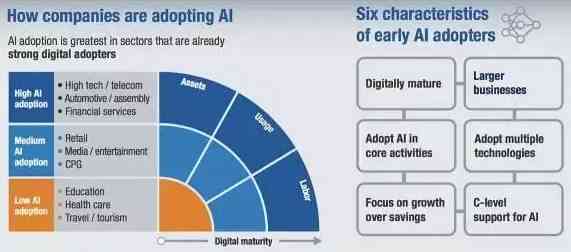
- Finance: In the financial sector, is used for fraud detection, algorithmic trading, and personalized financial advice. -powered chatbots provide customer support, reducing the need for human intervention.
- Education: is revolutionizing education by offering personalized learning experiences. Adaptive learning platforms use to tlor educational content to individual student needs, enhancing learning outcomes.
Future Outlook

The future of is promising, with potential advancements that could reshape our world. Here are some predictions:
- Enhanced Human- Collaboration: As becomes more sophisticated, we can expect closer collaboration between humans and systems, leading to more innovative solutions and increased productivity.
- Ethical Considerations: With the rise of , ethical considerations are becoming increasingly important. Issues such as data privacy, bias, and job displacement need to be addressed to ensure a fr and equitable society.
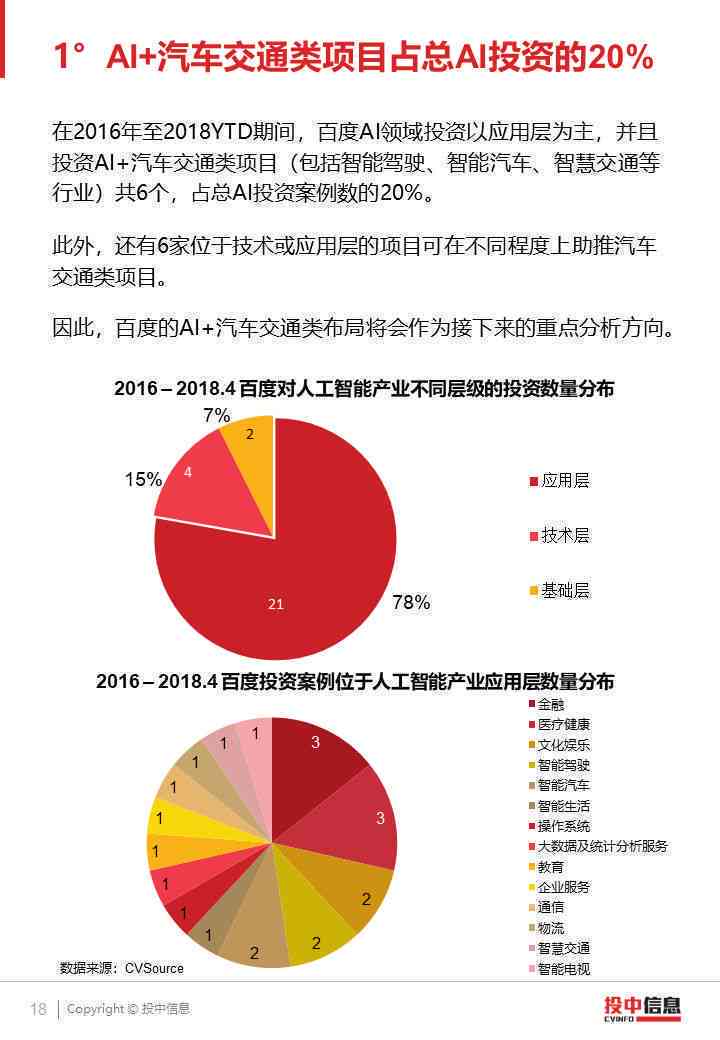
- in Everyday Life: As technology becomes more accessible, we can expect it to become an integral part of our dly lives, from smart homes to personalized healthcare.
---
About Intelligence: English Papers
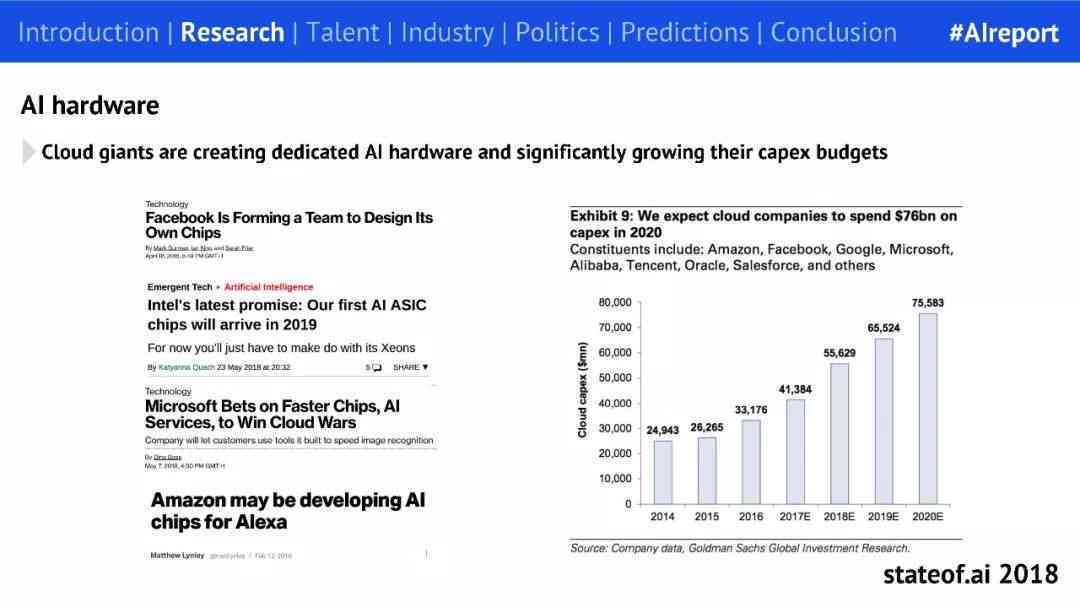
The academic community has produced a wealth of research papers on intelligence, offering insights into the latest advancements and challenges. One notable paper, Deep Learning for Object Detection: A Comprehensive Review, explores the evolution of object detection algorithms and their lications in various industries. These papers are essential for researchers and professionals looking to stay updated on the latest trends in .
About Intelligence: English Words and Vocabulary
Understanding the terminology associated with is crucial for comprehending the field. Key terms include neural network, artificial neural network, machine learning, deep learning, and natural language processing. These terms form the foundation of vocabulary, enabling professionals to communicate effectively and contribute to the field.
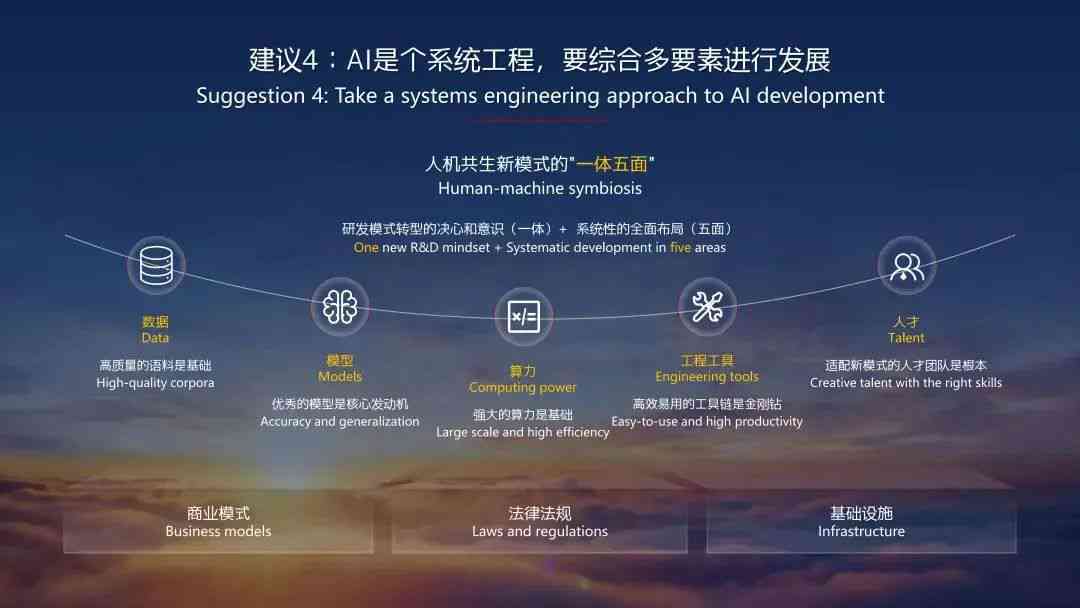
About Intelligence: English Dialogue
Here is a sample dialogue between two professionals discussing :
---
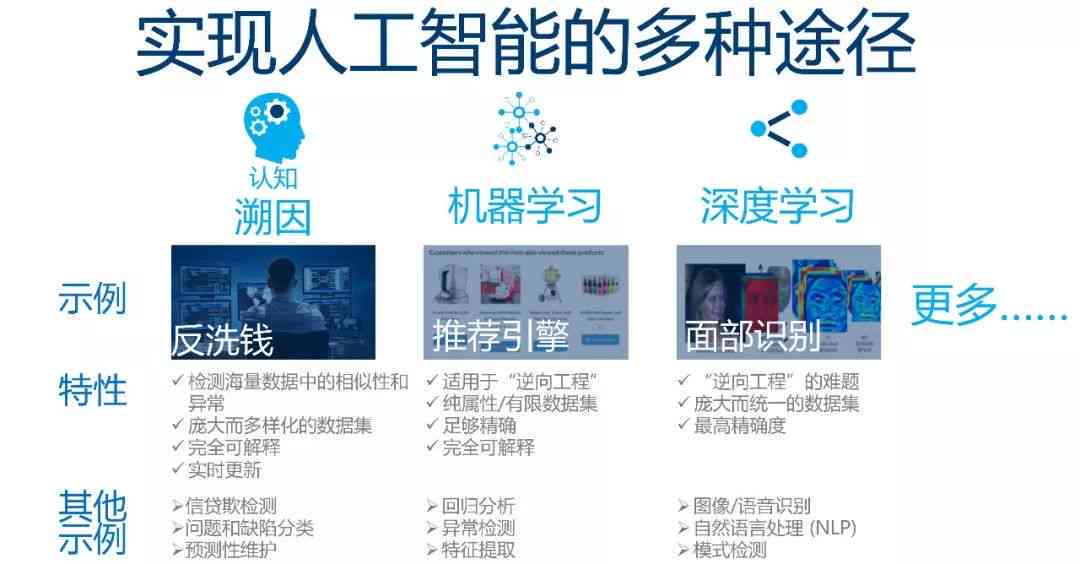
Alice: Have you read the latest paper on deep learning for natural language processing?
Bob: Yes, I did. It's fascinating how these algorithms can generate human-like text. Do you think it will replace human writers?
Alice: While it's impressive, I believe it will complement human writers rather than replace them. can handle mundane tasks, allowing humans to focus on creative aspects.

Bob: Absolutely. The collaboration between humans and is where the real potential lies. What about the ethical considerations of ?
Alice: That's a critical point. We need to ensure that is developed and deployed ethically, addressing issues like data privacy and bias.
Bob: Agreed. It's an exciting time to be in , but we must also be mindful of the challenges it presents.
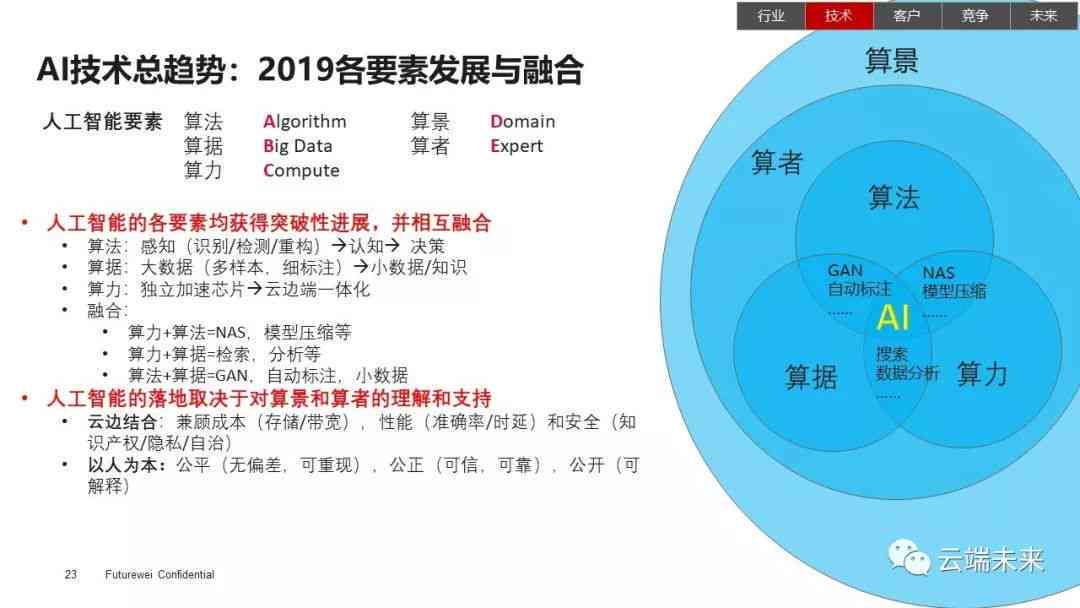
---
In conclusion, intelligence is a rapidly evolving field with immense potential. By exploring the latest technologies, understanding diverse lication scenarios, and anticipating future developments, we can better harness 's capabilities and navigate the challenges it presents. This guide serves as a starting point for those looking to delve deeper into the world of
探索AI智能:覆、应用场景与未来展望的全方位英文指南
编辑:ai学习-合作伙伴
本文链接:http://www.tsxnews.com.cn/2024falv/aixuexi/230874.html
上一篇:深度解析:AI智能技术在多领域的应用与未来发展前景
下一篇:ai打开没有最近作品显示怎么办及界面不显示的原因与解决方法
① 凡本网注明"来源:"的所有作品,版权均属于,未经本网授权不得转载、摘编或利用其它方式使用上述作品。已经本网授权使用作品的,应在授权范围内使用,并注明"来源:XX"。违反上述声明者,本网将追究其相关法律责任。
② 凡本网注明"来源:xxx(非)"的作品,均转载自其它媒体,转载目的在于传递更多信息,并不代表本网赞同其观点和对其真实性负责。
③ 如因作品内容、版权和其它问题需要同本网联系的,请在30日内进行。
编辑推荐
- 1介绍ai智能的文案
- 1探讨人工智能:一篇关于人工智慧的论文式作文
- 1智能AI简介:探索前沿技术、应用领域及未来发展趋势
- 1深度解析:AI智能技术在多领域的应用与未来发展前景
- 1人工智能智能文案创作大全:全面介绍智能文案范文指南
- 1介绍AI智能的文案怎么写:掌握要点撰写完美标题
- 1用AI写文案体验感受:提升效率、创意无限,重塑内容创作新视野
- 1钉钉AI智能写作助手:全方位提升企业文案创作效率与质量
- 1小松鼠智能文案怎么写:运用它们可爱的魅力打造独特文案
- 1环评报表怎么做:制作环评报告表格详细指南
- 1对AI绘画小程序期待的文案怎么写:探讨用户需求与功能优化策略
- 1AI应用中字体颜色更改技巧:涵不同平台与工具的详细教程
- 1如何利用AI轻松调整和修改文字内容,实现字体颜色更改与个性化设置
- 1ai字体如何改颜色:包括填充颜色、设置透明色及使用快捷键修改方法
- 1AI写作工具中如何更改字体颜色、字体类型及大小:全面指南与技巧解析
- 1如何修改AI写作内容,更改文字字体颜色而不影响原有文案样式?
- 1为什么AI文件内容显示出现问题:探究原因及解决方法
- 1探讨AI不显示操作框的多种原因及解决方法
- 1ai打开不显示新建界面:无法显示新建面板画板,原因及解决办法
- 1怎么解决AI隐藏画板外内容不显示的问题
- 1AI2020主页无法显示:常见问题排查与解决方法一览
- 1ai绘画创作版:从入门到精通——绘画作品解析与教程合集
- 1智能苹果写作软件免费:手机版安装体验,一键轻松创作
- 1用户在选择苹果写作AI软件时的全面指南:综合比较与推荐
- 1苹果写作ai软件有哪些:功能对比与推荐选择
- 1免费苹果手机专属写作软件:专业推荐,轻松创作无忧




